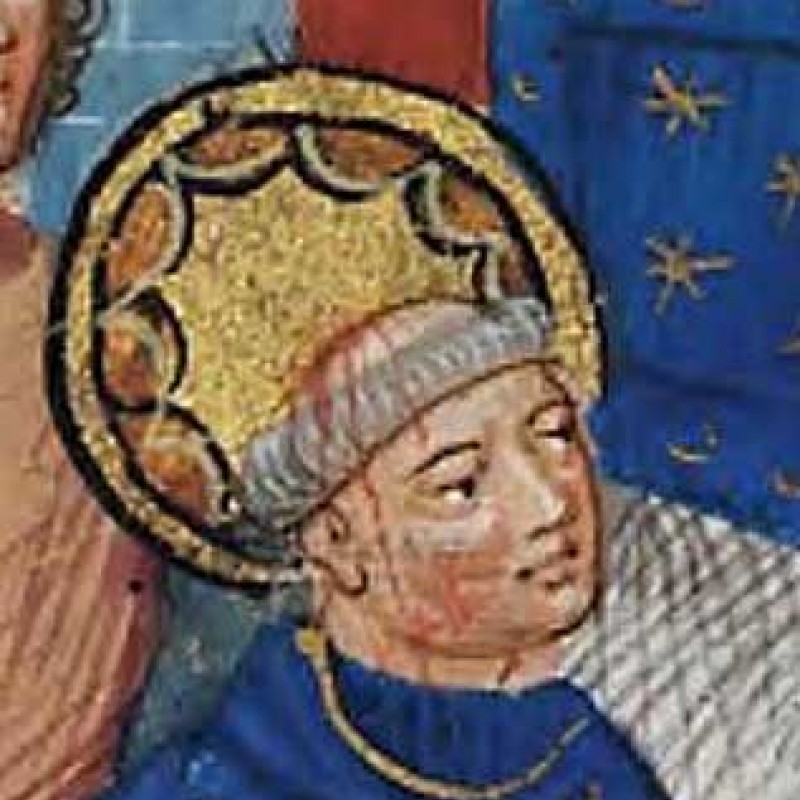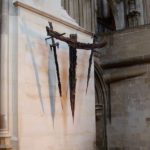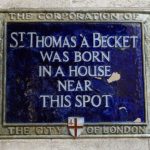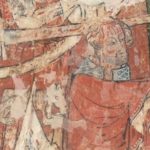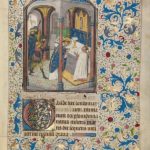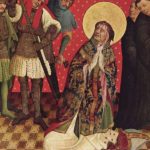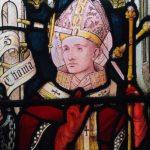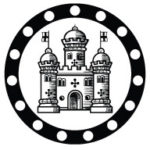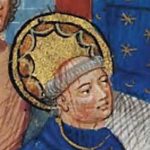Thomas Becket (later styled Thomas à Becket) served as Chancellor of England under King Henry II 1135-1154. At this time, Berkhamsted Castle was administered by the chancellor, and during his tenure, Thomas had a considerable influence on the development of the castle fabric.
It is uncertain how much of this time Thomas spent at Berkhamsted, but during this period extensive building works took place here. In 1157-8 he spent £10 on the King’s houses on the motte and 40s in building a chamber within the bailey. In the following year £14 was spent on ‘the work of the chamber and the motte’ and in 1159-60 money was spent on two lime kilns, the carriage of stone and the completion of the chamber. Until 1162, work continued almost yearly on various parts of the castle.
In 1162, Becket was invested as Archbishop of Canterbury. The castle left Becket’s hands in 1163 after a stormy meeting between the King and Becket, at which Henry deprived him of the Honours of Eye and Berkhamsted. In 1164 King Henry accused Becket of misappropriating £300, a large part of which Becket claimed had been used on building works.
After his departure form Berkhamsted, Becket and the king were in constant conflict. In 1170, matters came to a violent conclusion when Henry was reportedly heard to exclaim, “Will no one rid me of this turbulent priest?” Taking the king’s words as a command, four knights went from Normandy to Canterbury, where they slaughtered Becket in the Cathedral. Becket was venerated throughout Europe as a martyr, and on 21 February 1173 he was canonised by Pope Alexander III.
